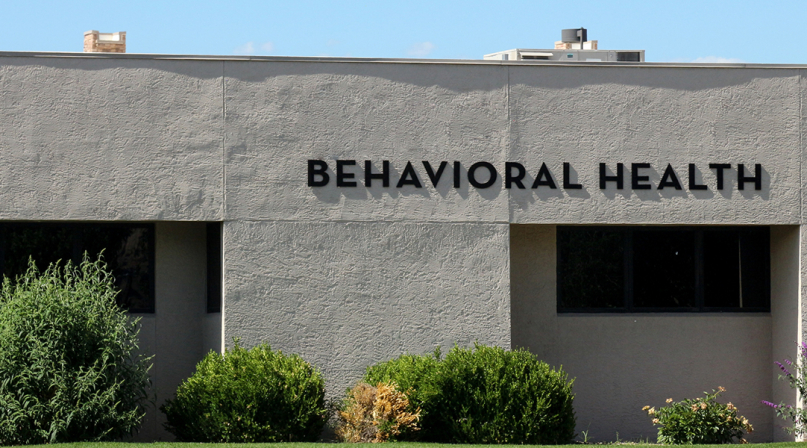CMS announces new funding opportunity for the Innovation in Behavioral Health Model
Author

Blaire Bryant

Naomi Freel
Upcoming Events
Related News

Key Takeaways
On October 16, the Centers for Medicare & Medicaid Services (CMS) released a Notice of Funding Opportunity (NOFO) for Cohort II of the Innovation in Behavioral Health (IBH) Model. This new round of funding builds on the initial IBH model announced in 2024 and continues CMS’s efforts to improve outcomes for individuals with moderate to severe mental health conditions and substance use disorders (SUDs) by advancing integration between behavioral and physical healthcare.
CMS will select up to five state Medicaid agencies (SMAs) to participate in the seven-year cooperative agreement, with up to $7.5 million available to each state. Selected states will lead implementation in partnership with Medicaid managed care organizations (MCOs) and behavioral health providers. The program includes a two-year pre-implementation period (2027–2028) and a five-year implementation period (2029–2033). Optional letters of intent are due April 1, 2026 and the applications are due June 3, 2026.
Key Features of the IBH Model (Cohort II)
- Integrated, person-centered care delivery: The IBH Model continues to strengthen connections between behavioral and physical health systems through community-based behavioral health organizations. Interprofessional care teams will screen for and address both mental and physical health needs, including chronic disease. The model also emphasizes addressing health-related social needs such as housing, food, and transportation.
- Focus on adults with moderate to severe behavioral health conditions: Eligible practice participants must provide outpatient mental health or substance use disorder treatment to adult Medicaid beneficiaries with moderate to severe conditions. Practices may include community mental health centers, certified community behavioral health clinics (CCBHCs), local health departments and other county-based behavioral health entities.
- Value-based payment alignment across Medicare and Medicaid: CMS will work with state Medicaid agencies to design performance-based payment approaches that align with Medicare’s payment structure. This alignment aims to shift away from fee-for-service toward value-based care models that reward improved outcomes, reduced emergency department visits and stronger coordination between systems.
- Health information technology (IT) investment: The cooperative agreement will provide infrastructure funding to help behavioral health practices adopt certified electronic health record (EHR) systems and improve interoperability across care settings.
IBH Model’s Impact on Counties
Counties play a central role in delivering and overseeing behavioral health services, and this IBH funding opportunity can be used to strengthen those systems through integrated care and infrastructure support. By aligning Medicaid and Medicare payment approaches and emphasizing value-based incentives, this funding can help counties improve coordination between behavioral and physical health providers and achieve better outcomes for residents with complex behavioral health needs. Counties and their residents will also benefit from infrastructure funding to modernize health information technology systems, expanded use of electronic health records and improved interoperability across care settings.
Related News

CMS issues new guidance on Medicaid Community Engagement Requirements
On December 8, the Centers for Medicare & Medicaid Services (CMS) released a Medicaid and CHIP Services Informational Bulletin (CIB) directing states on how to implement the Medicaid community engagement requirements enacted under Section 71119 of the One Big Beautiful Bill Act legislation (Public Law 119-21), or H.R. 1.

California county sales tax measure backfills federal healthcare cuts
Santa Clara County, Calif. will raise an estimated $330 million each year from a sales tax to backfill lose Medicaid funding.
Resource
Top 10 County Policy Priorities for Behavioral Health Reform

